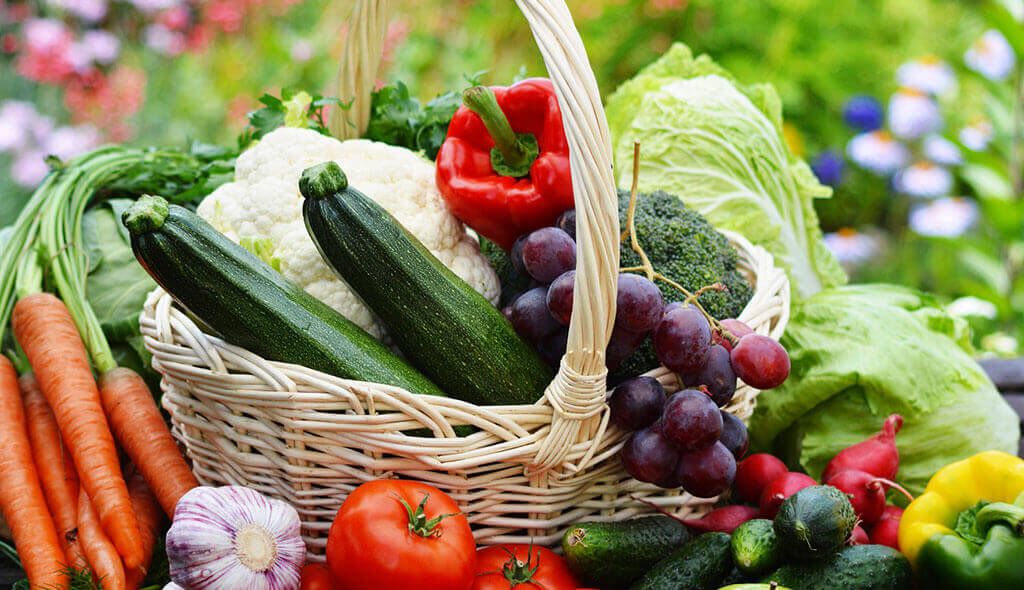Export is very important in the international arena. Countries earn foreign currency and strengthen their economies with their exports. In our country, exports are increasing every year. It is also necessary to analyze market changes in exports very well. Especially in agriculture, preferences started to change very much. There is a great increase in the demand for organic products.
In general, although we are an agricultural country, we cannot say that we are in very good places in exports. Allowing crops with GMO over time caused our seeds, seedlings and saplings to be destroyed. At this point, with the Organic Agriculture Principles and Practice Law adopted in the General Assembly of the Parliament in 2010, awareness of organic production started to increase. Organic agricultural products with eco-labels are marketed to various countries of the world. Organic products, which have much more economic returns than normal agricultural products, have also made significant contributions to exports.
What is Organic Production?
Organic production is a concept that we started to hear a lot today. Organic production, which we are accustomed to hearing much more in agriculture, also appears in sectors such as textiles, cosmetics, chemistry and building materials. In general, organic production is called organic production for products that do not have any chemical components in their formula, all production processes are kept under control and the eco system is not damaged during the production phase.
Purpose of Organic Production
The purpose of organic production is to protect human and nature. Products are started to be produced using natural methods to protect human health. In addition, the protection of the eco system is among the main objectives of organic production. Recently, environmental pollution, global warming, the depletion of the ozone layer and the increase of natural disasters have forced societies to become more conscious about this issue. With organic production, natural resources are protected, products that are easy to recycle and do not threaten human health are produced.
Organic Production in Turkey
The awareness of organic production in our country has been increasing day by day in the last 30 years. First, organic farming started in the mid 1980s. There were no regulations or laws at that time. It started with the companies operating in the EU countries, demanding the producers in our country and making production according to their own standards. Organic production was made especially in dry food products in Manisa. Until 1993, organic production was made in our country without any standard or legal process.
In the period 1994-2002, it is among the most important in organic production in Turkey. Some regulations on organic production have been issued between these years. Organic production activities have started in various parts of our country, especially the Ego Region. The main steps for organic production have been taken since 2003. With the Organic Agriculture Law enacted in the Turkish Grand National Assembly in 2004, all standards were determined. 2011. According to Turkstat 225 different organic products are produced in Turkey. We have over 40 thousand organic farmers. According to the same data, over 1,5 million tons of organic agriculture is produced annually.
According to the same data, Turkey is engaged in organic agriculture exports to 32 different countries. Among our export markets are France, Germany, England, Italy, Netherlands and Denmark. Especially frozen fruits, dried apricots and raisins are the organic products we export the most. In addition, cotton, chickpeas and lentils are among the most organic products we export. Our country also imports organic products from some EU countries. With the government incentives implemented in the coming period, we think that organic production in our country will come to better points and will contribute significantly to exports. In this, we can show the increasing demand especially in EU countries.




